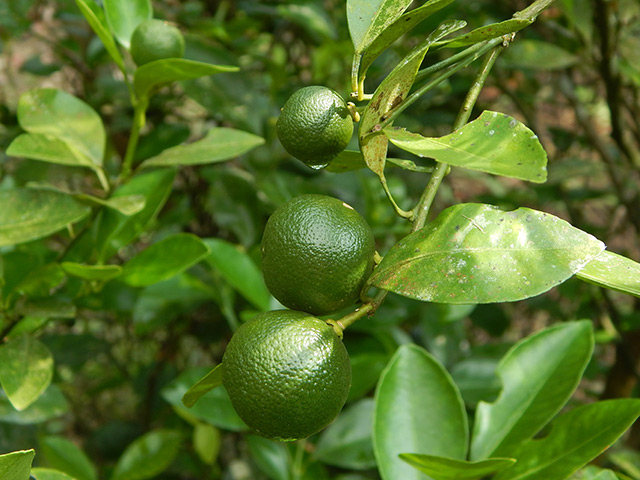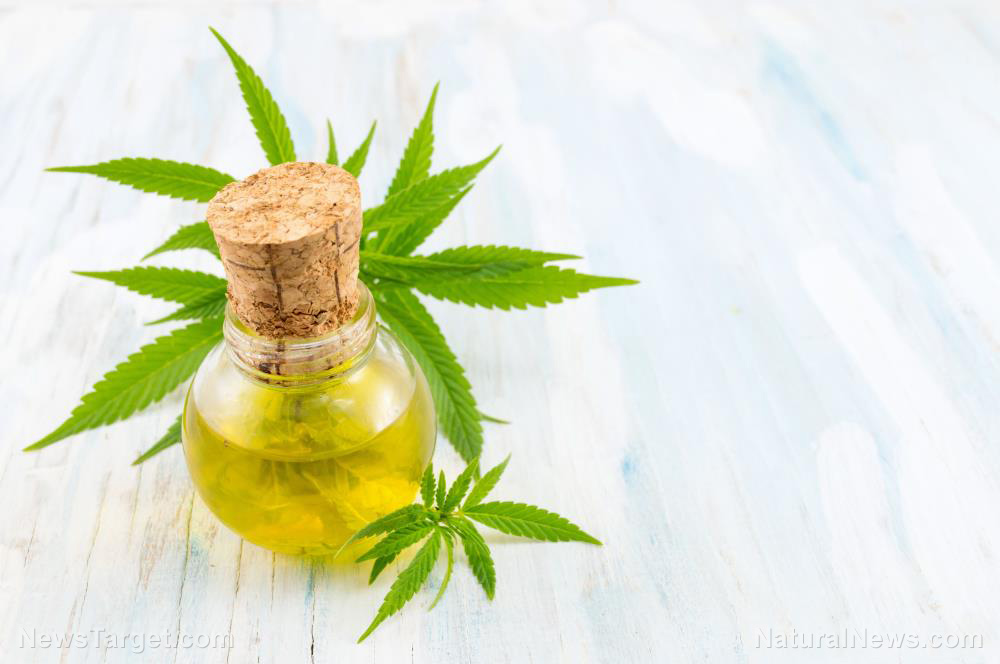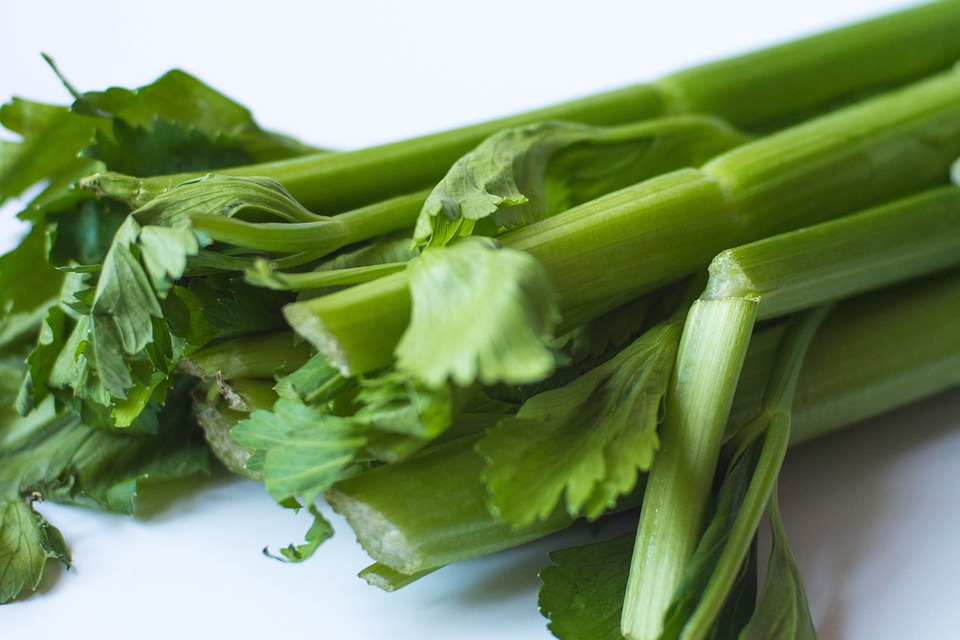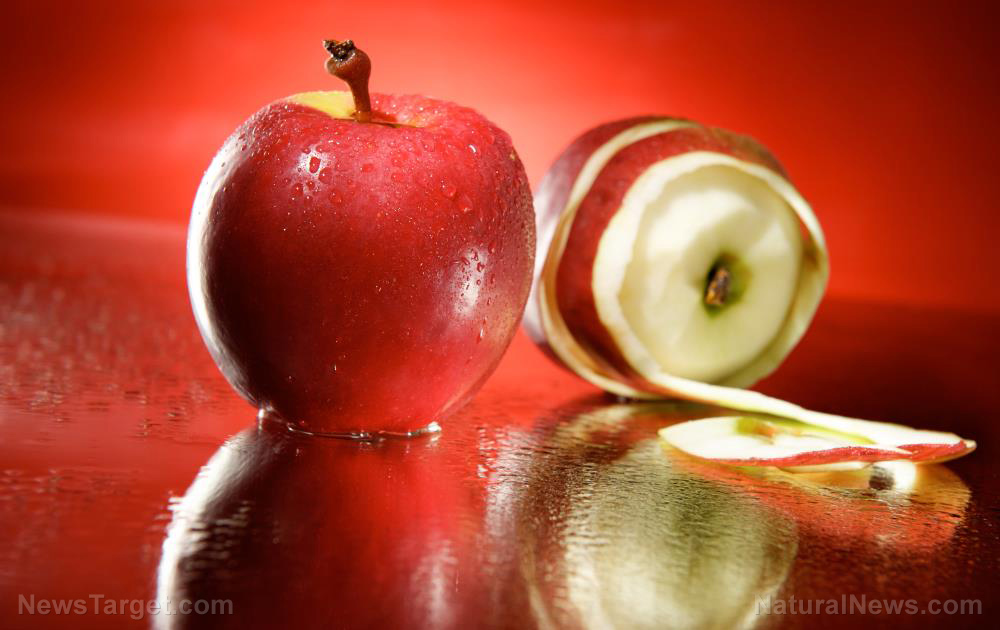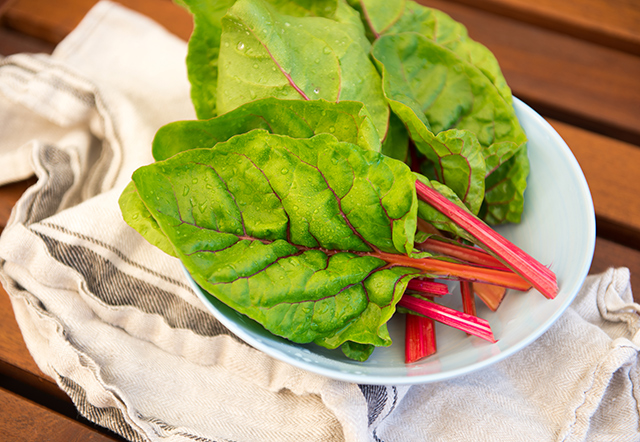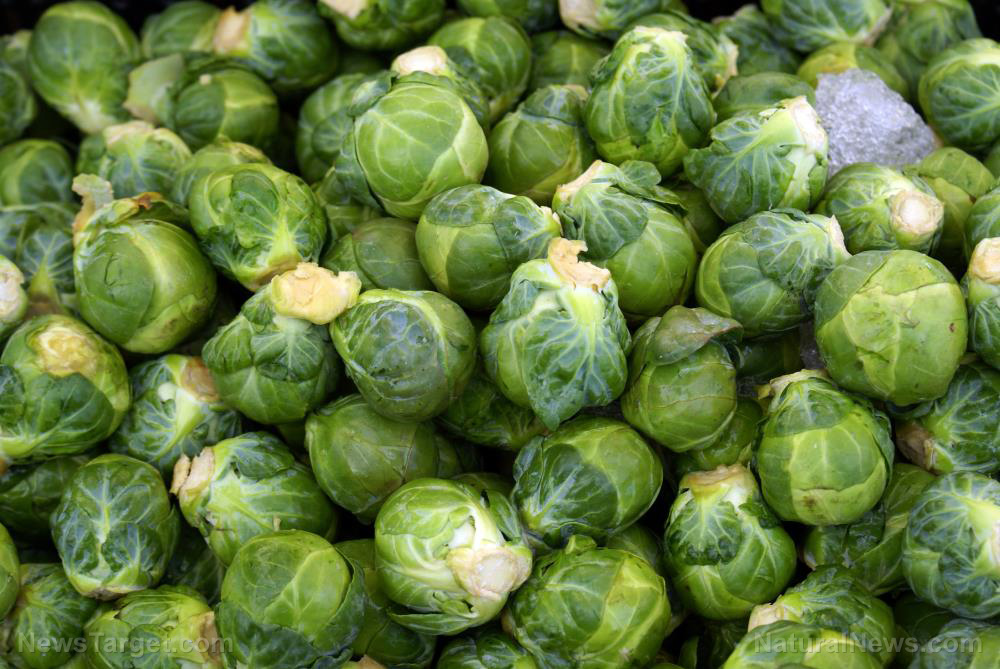Researchers look at the anticancer potential of cockspur grass
01/16/2019 / By Ellaine Castillo

Cancer is a major health problem brought about by factors like high body mass index, poor diet, sedentary lifestyle, smoking, and alcohol consumption. Researchers continue to search for alternative cancer treatments such as medicinal plants. Their search led them to the discovery of anticancer compounds in various plant species. A recent study by researchers from Cairo University revealed that cockspur grass (Echinochloa crus-galli) is rich in phenolic compounds that are effective against different types of cancer.
The National Cancer Institute estimates that more than 1.7 million Americans will be diagnosed with cancer and nearly 610,000 will die from the disease in 2018 alone. This highlights the need for safe and effective cancer remedies, especially against the types of cancer associated with the most number of deaths. These include lung, stomach, liver, colon, and breast cancer. Fortunately, there is an abundance of anticancer compounds in plants. All that’s left to do is to find and study them so they can be developed for therapeutic applications.
Cockspur grass is a weed that interferes with the growth of other essential crops like rice. However, it also has some useful applications such as livestock feed and millet for people. Moreover, many Asian countries use it as a weight loss aid and as a traditional remedy for carbuncles, hemorrhage, sores, spleen trouble, wounds, high blood pressure, diabetes, and cancer. Previous studies have determined that the therapeutic applications of cockspur grass can be attributed to the presence of phenolic compounds. Unfortunately, there are limited studies exploring its potential.
In this study, which was published in The Brazilian Journal of Pharmacognosy, the researchers identified and isolated different phytochemicals from cockspur grass grain extracts. They then proceeded to test the pure compounds against different human cancer cell lines, namely MCF-7 (breast carcinoma), HCT-116 (colon carcinoma), HELA (cervical carcinoma) and HEPG-2 (liver carcinoma), to determine their anticancer properties.
They found eight major phenolic compounds in cockspur grass which they identified as the following:
- 5,7-dihydroxy-3?,4?,5?-trimethoxy flavone
- 5,7,4?-trihydroxy-3?,5?-dimethoxy flavone (tricin)
- Quercetin
- Flavone
- Apigenin-8-C-sophoroside
- 2-methoxy-4-hydroxycinnamic acid
- p-coumaric acid
- Quercetin-3-O-glucoside
These compounds were isolated for the first time in this species of cockspur grass. However, tricin and p-coumaric acid have previously been extracted from other members of the Echinochloa genus and have shown potent antioxidant properties. Each of these compounds showed potent anticancer properties in this study but the methoxylated flavones 5,7-dihydroxy-3?,4?,5?-trimethoxy flavone and tricin were significantly stronger than the rest. Moreover, these compounds had comparable effects to the anticancer drug doxorubicin.
Overall, these results prove that cockspur grass has anticancer properties which can be attributed to the presence of phenolic compounds, especially the methoxylated flavones 5,7-dihydroxy-3?,4?,5?-trimethoxy flavone and tricin. With further studies, these compounds can be developed into alternative cancer treatments that are safer yet just as effective as conventional cancer medications. (Related: Most cancer drugs make it to the market without any proof they’re safe or effective.)
Other natural remedies against cancer
To protect yourself against cancer, here are some other natural products with anticancer properties:
- Flaxseed — The omega-3 fatty acids present in flax seeds reduce the risk of some forms of cancers. When using this natural remedy, it would be best to use ground flax seed rather than flaxseed oil since this has more nutrients than the latter.
- Garlic — Garlic protects against the cancer-causing effects of certain substances and promotes the repair of damaged DNA that can contribute to tumor formation. Moreover, garlic can prevent cancer cells from invading other organs. To enjoy these benefits, all you have to do is eat one clove per day.
- Green tea — Drinking green tea can protect you against cancer since it has potent antioxidant and anti-inflammatory properties, which are attributed to the presence of polyphenols. The recommended daily intake of green tea for patients with cancer can range from one to three cups.
For more articles about natural products with anti-cancer properties, visit AntiCancer.news.
Sources include:
Tagged Under: anticancer, breast cancer, carcinoma, cervical cancer, cockspur grass, colon cancer, cytotoxic, Echinochloa crus-galli, Liver cancer, natural medicine, natural remedies, phenolic compounds







